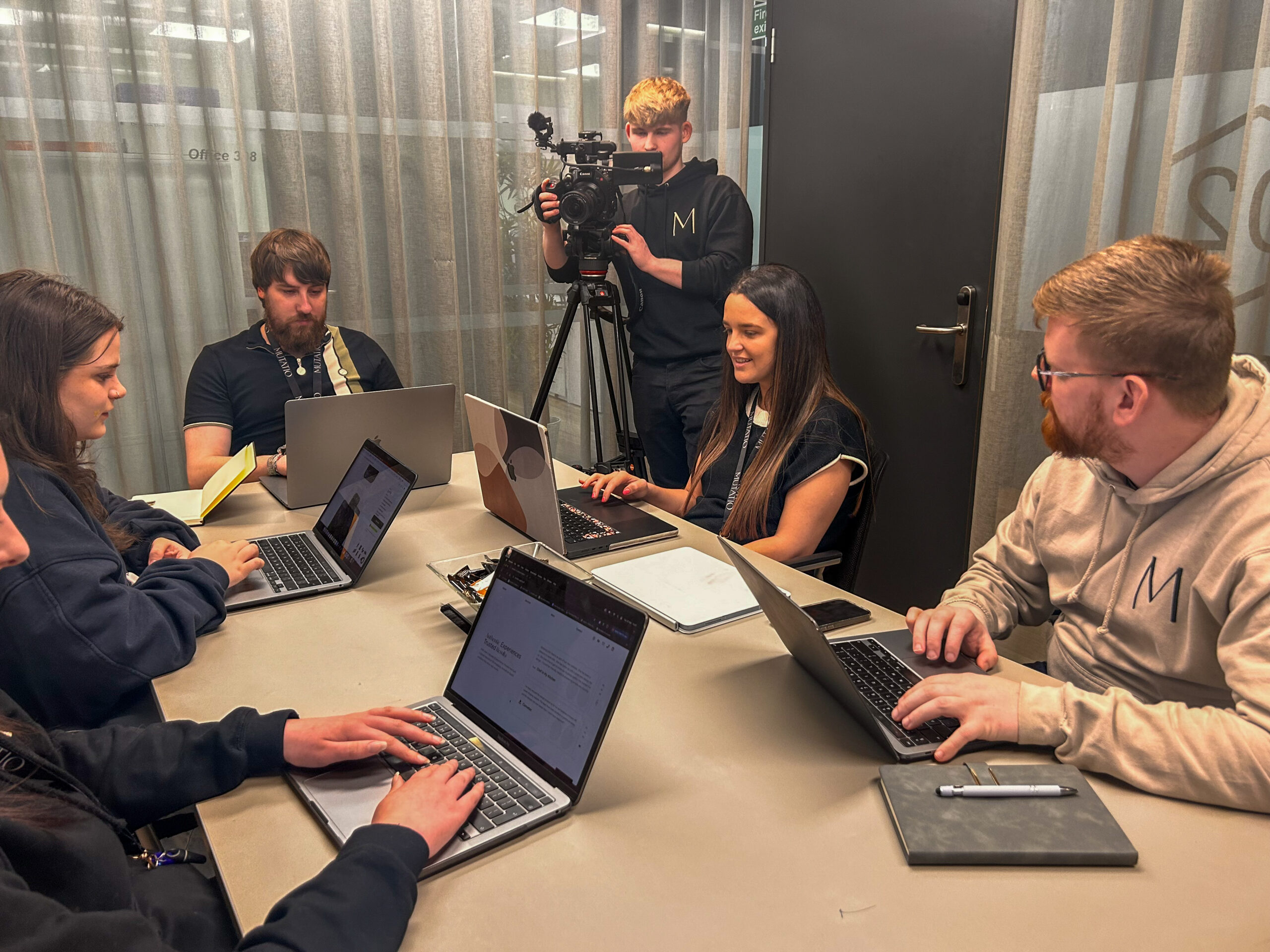Why Are Copyright Laws So Important to The Film Industry?
Copyrighting is one of the most critical stages in any creative process. It can determine whether something gets used in any production, such as film, TV or radio. If you don’t get permission from the right people to use an element that is copyrighted, it means that you’re either not allowed to use it or, if you choose to ignore the copyright, are breaking the law.
Copyrighted objects can be anything from scripts, music, recordings and even websites – which is why we ensure we do not break any copyright laws when we are providing the best web design Manchester has to offer. You can’t even feature the Hollywood sign in LA unless you have special permission, as it’s protected under US trademark law. This is serious stuff that we’re talking about here, but why exactly do you need copyright on content, and what does it all mean? Let’s find out.
Complete Control
This part of Hollywood is less glamorous and more time consuming and costly. The whole point of having copyright on any piece of creative property, however, is to have complete control over whoever may want to use that specific piece of property. By giving the creator complete rights to their creative property, it gives them the right to pass over rights to those that they feel appropriate.
Not only that, but it encourages creators to be, well, creative and make something that will benefit public life and be completely original. The concept of copyright laws was introduced specifically for creatives that want to develop new and unique ideas that will benefit the public with their new ideas and creations.
Fair Use to The Public
This means that the general public have fair use to a limitation of any persons work. This gives a small amount of leeway for purposes such as teaching, criticism, research and commentary. Fair use of content and copyrighted material is usually for non-commercial reasons and is sectioned a small selection of the work and limits the activities that don’t take away any value to the work.
In shorter terms, a small amount of the work can be used for non-commercial reasons to educate or critique. Any court dealing with an infringement case can deliberate fairly whether the excerpt of any creative property has been inappropriately used due to how much of the piece they have used. There is a small amount of leeway, but too much use of the property can result in prosecution by the copyright holder.
Infringement
Copyright law defines what’s considered as an infringement and will draw out the specific penalties for those who are applicable. Anyone who tries to copy, display, perform or distribute any copyrighted work infringes directly on the copyright and is, therefore, breaking the law. Any copyright owner who experiences these infringements on their work can file a lawsuit against the said offender to recover damages and loss of sales caused by the offence.
Terms of The Copyright Law
Due to current law, copyright lasts for the life of the author plus an extra 70 years. Due to that law, any work published before or shortly after 1923 are no longer considered under copyright and are therefore to be in the public domain. Work that is copyrighted is protected for 95 years or 120 years, depending on the time of creation or the time of first publication.
Read More About Industry Related Topics Here at Blue Whale Media
At Blue Whale Media, we pride ourselves on keeping you informed on relevant topics within the creative industry. Read more of our work to keep up to date on the most current discoveries and developments within the industry.
Please select a valid form.




